 With graduation season upon us, today’s edition of How on Earth is Part 2 of our annual “Graduation Special” (you can listen to Part 1). Our guests in the studio today are scientists who have or will soon receive their Ph.D. in a STEM-related field. They talk about their thesis research, their grad school experiences, and what they have planned next.
With graduation season upon us, today’s edition of How on Earth is Part 2 of our annual “Graduation Special” (you can listen to Part 1). Our guests in the studio today are scientists who have or will soon receive their Ph.D. in a STEM-related field. They talk about their thesis research, their grad school experiences, and what they have planned next.

Loren Matilsky – University of Colorado, JILA & Department of Astrophysical and Planetary Sciences
Topic: Dynamics of Rotation and Magnetism in the Sun’s Convection Zone and Tachocline
 Katie Gach – University of Colorado, ATLAS Institute
Katie Gach – University of Colorado, ATLAS Institute
Topic: How to Delete the Dead: Honoring Affective Connections to Post-mortem Data
 Jet Mante – University of Colorado, Biomedical Engineering
Jet Mante – University of Colorado, Biomedical Engineering
Topic: Promotion of Data Reuse in Synthetic Biology
 Abhijit Suresh – University of Colorado, Computer Science
Abhijit Suresh – University of Colorado, Computer Science
Topic: Automating Feedback to Improve Teachers’ Effective Use of Instructional Discourse in K-12 Mathematics Classrooms
Host / Producer : Joel Parker
Listen to the show:
Podcast: Play in new window | Download (Duration: 27:00 — 37.1MB)
Subscribe:
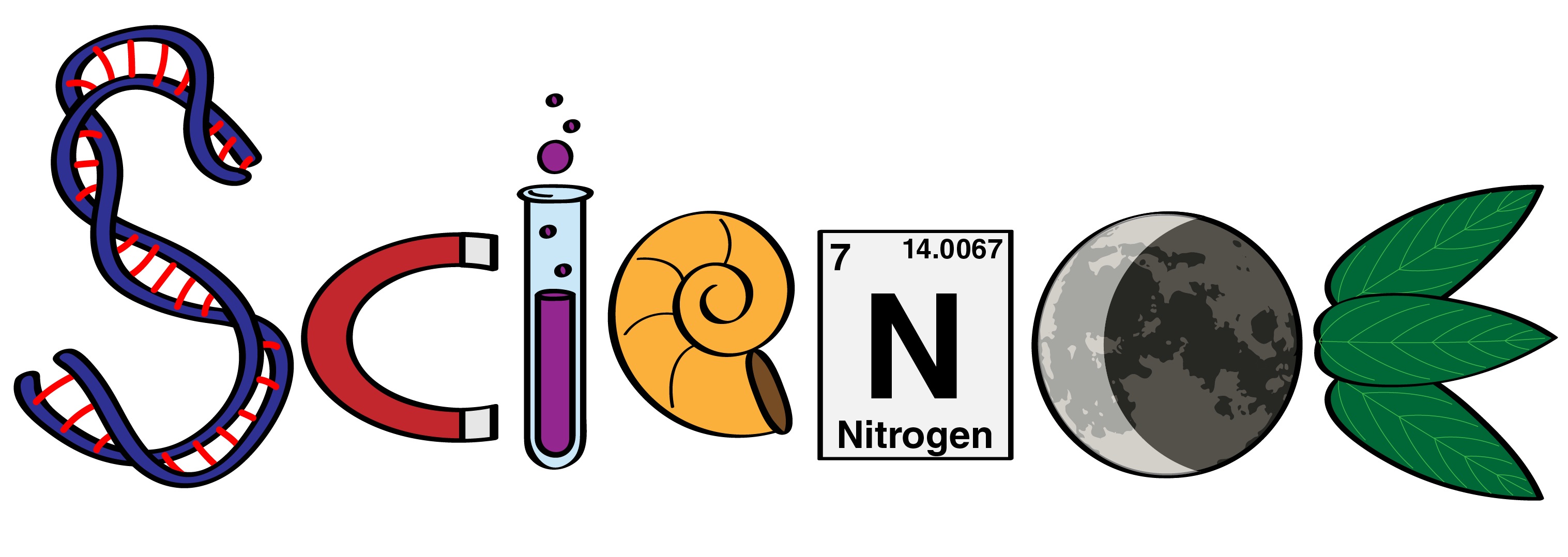



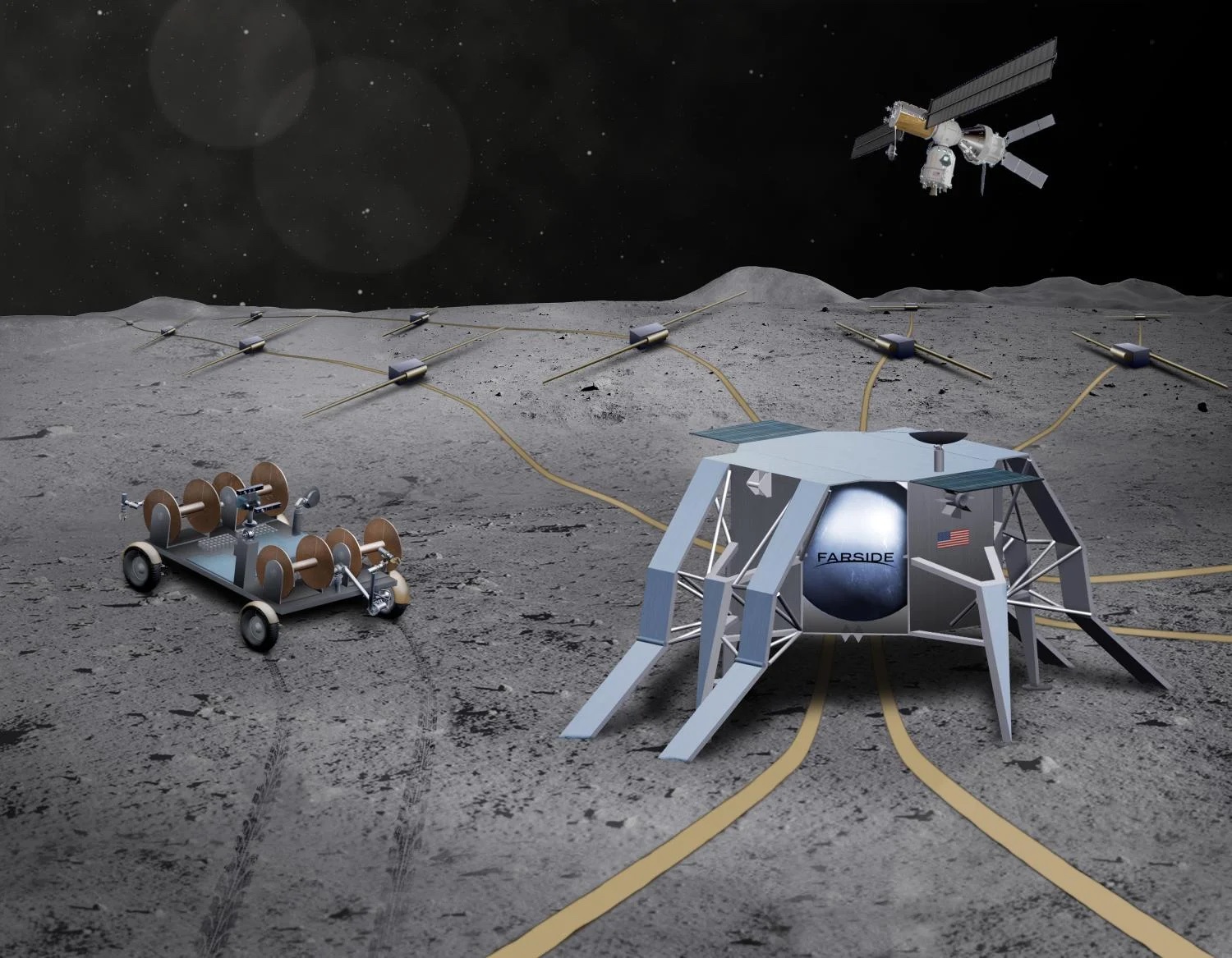 When people talk about going to the Moon, it is often in terms of establishing a station there, or finding water, or doing science
When people talk about going to the Moon, it is often in terms of establishing a station there, or finding water, or doing science  With graduation season upon us, today’s edition of How on Earth is Part 2 of our annual “Graduation Special”. Our guests in the studio today are scientists and engineers who have or will soon receive their Ph.D. from the
With graduation season upon us, today’s edition of How on Earth is Part 2 of our annual “Graduation Special”. Our guests in the studio today are scientists and engineers who have or will soon receive their Ph.D. from the 
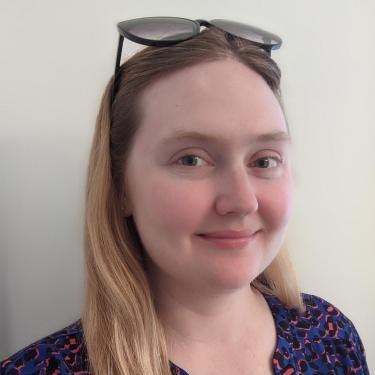 Kathleen McGuire –
Kathleen McGuire – 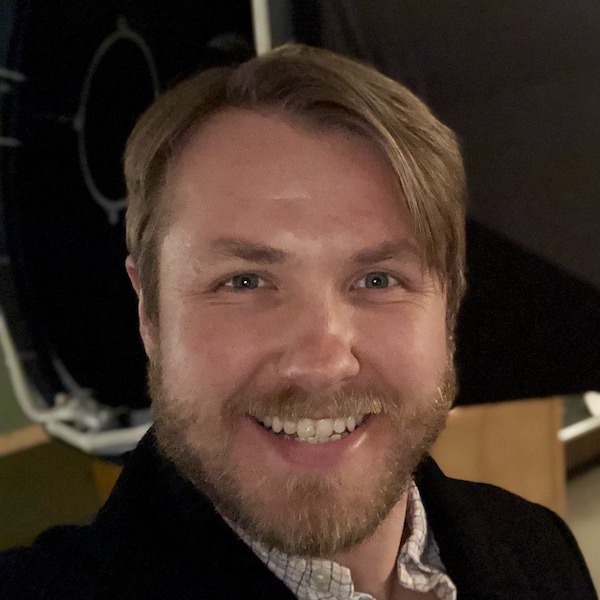
 With graduation season upon us, today’s edition of How on Earth is Part 2 of our annual “Graduation Special” (you can
With graduation season upon us, today’s edition of How on Earth is Part 2 of our annual “Graduation Special” (you can 
 Katie Gach – University of Colorado,
Katie Gach – University of Colorado,  Jet Mante – University of Colorado,
Jet Mante – University of Colorado,  Abhijit Suresh – University of Colorado,
Abhijit Suresh – University of Colorado, 
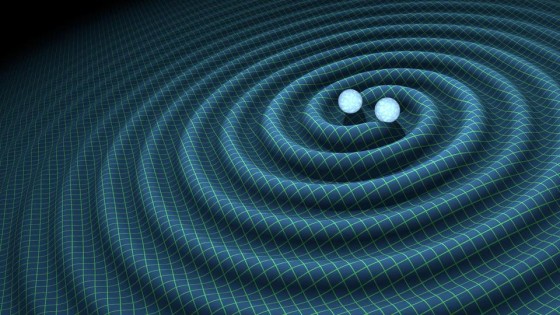 Interview with LIGO Scientist Dr. Matt Evans (6:22): The recent big news in physics was the announcement of the first direct detection of gravitational waves. The detection was made by the
Interview with LIGO Scientist Dr. Matt Evans (6:22): The recent big news in physics was the announcement of the first direct detection of gravitational waves. The detection was made by the 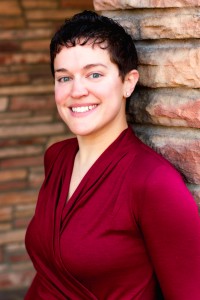
 Massive stars (start time 6:45)
Massive stars (start time 6:45)